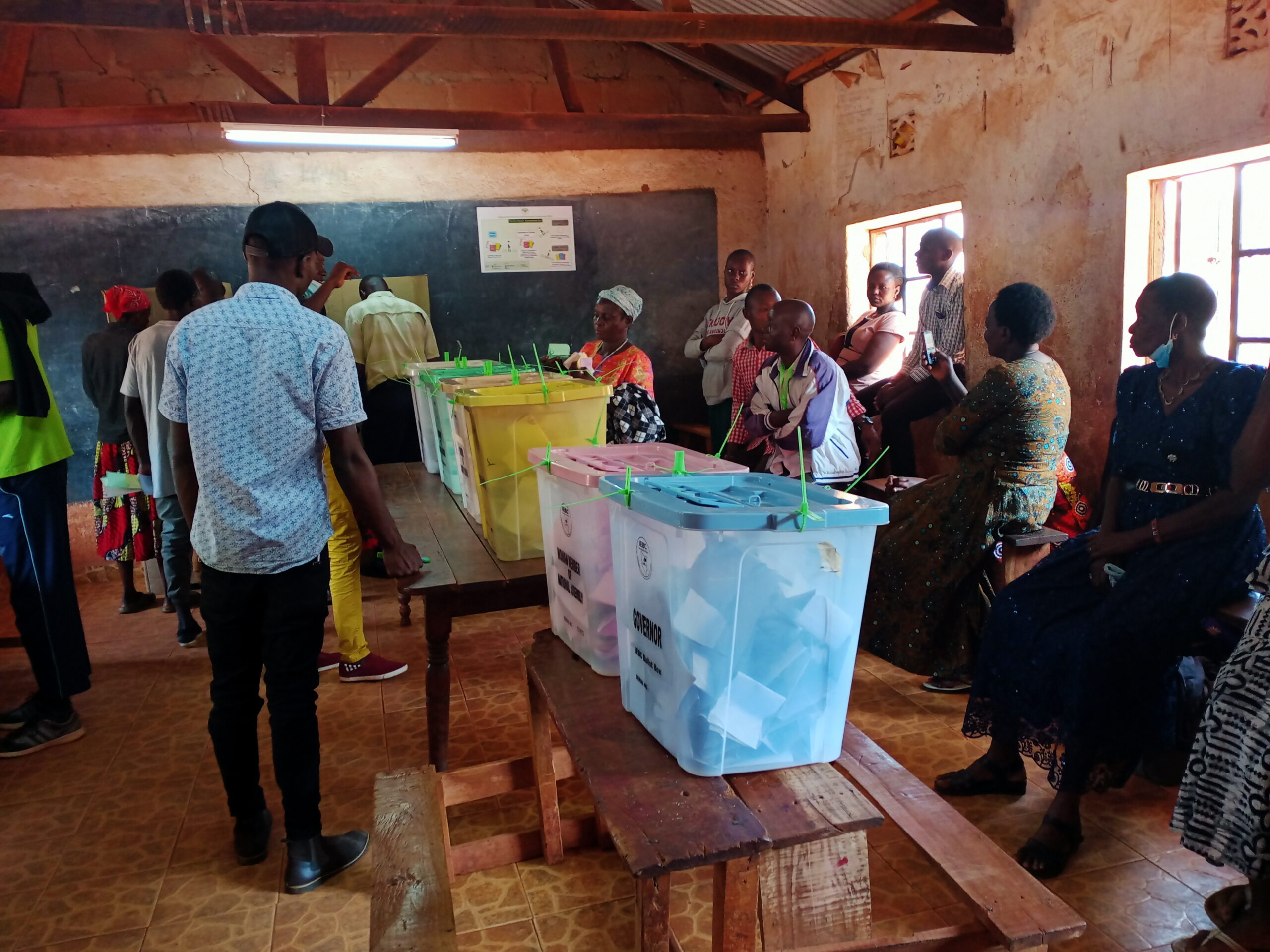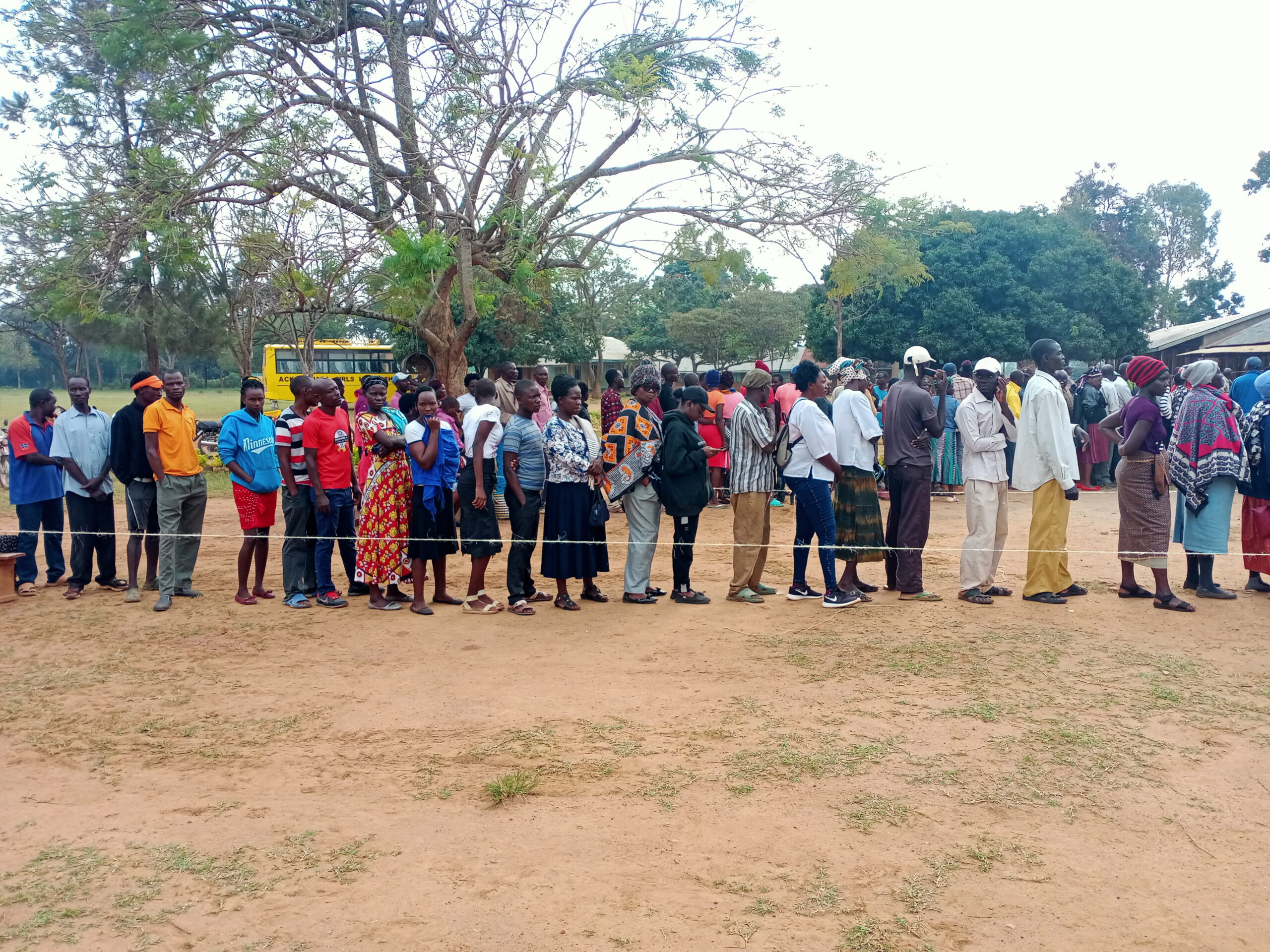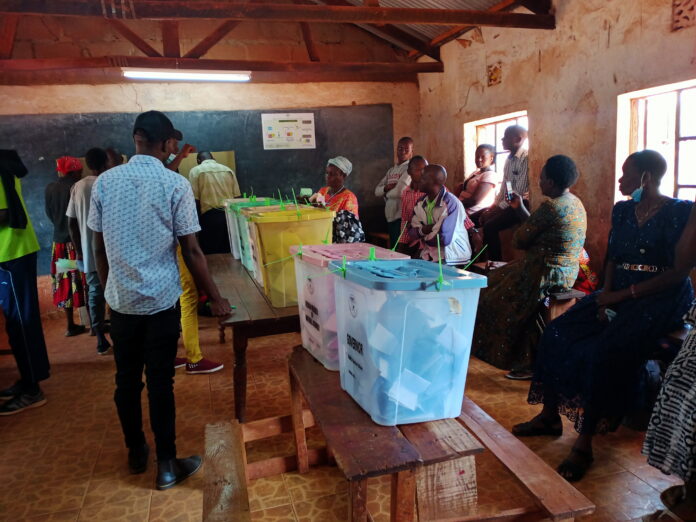By Scovian Lillian
Nairobi, Kenya: Kenyans concluded their election a month and a half ago. While some people celebrated wins for their preferred candidates, others mourned, and some are still hurting.
There are also groups of people that were not satisfied with the electoral process. In this particular piece, I sought to find out if the deaf community was satisfied with the entire electoral process.
“Communication is the most basic principle of sharing and receiving information because the information is power. Lack of information significantly increases the power difference among the deaf community, hence the need to adopt deaf-friendly formats of communication” said Josephine Aska, a disability justice advocate, and an activist.

Aska, also passionate about championing the rights of the deaf community in Kenya disclosed in an interview that the deaf community especially those in remote areas suffered a lack of information, hence majority did not vote.
“I have trained as a civic educator to create awareness on the voting process and civic responsibility during election periods and I am familiar with the voting process, and I had no challenges voting, but this however did not apply to other deaf voters in the Country, especially those living in remote areas”, she said.
Aska said that the Electoral and Boundaries Commission, (IEBC) developed the Assist ALL App to facilitate voter education before voting day for deaf voters, but the App was not applicable during the actual voting day.
The Assist ALL App was supposed to link deaf voters to instant interpreters, but according to Aska, there were no sign language interpreters at all polling stations and the App was also not in all polling stations countrywide, an observation she made (was an election observer) during the voting process.
“The 2022 election process compared to previous elections was not well organized and mindful of deaf voters’ needs. In the previous elections, deaf people and sign language interpreters volunteered at polling stations to assist any deaf person with voting challenges, however, this time things were different. During the Assist ALL App procuring process, that was to be used for deaf persons voter education, [we] the consumers of the service, were not consulted nor involved in the process”, she said. Aska explained that a huge number of deaf voters also did not have android phones to install that App, and this was also a drawback for voters in remote areas.
Aska added; “IEBC went ahead, planned, and facilitated the whole process yet they had little to no knowledge of the deaf culture, deaf mainstreaming, and inclusion for deaf persons. The deaf community has the right to decide what their communication needs are and how they should be met, but this was violated, despite having organizations and associations representing the deaf community involved in the electoral process”.

Another deaf voter, Abdi Abdille Ali the Chairman of the Muslim Deaf Association of Kenya believes that deaf voters across the Country did not fully enjoy their voting democratic right as few voters had knowledge of the entire voting process and many could not vote due to communication barriers.
“Few deaf voters in the city enjoyed their democratic voting right because they had information, especially the educated ones. IEBC in the future should consider involving more Deaf returning officers in the entire electoral process to break communication barriers at all polling stations Countrywide”, he said.
According to Isaac Manyonge, IEBC Disability Inclusion Coordinating Committee Member and a representative from the Disability Council, 8.9% of the total registered voters were persons with disabilities (PWDs), but no statistics were disaggregated on the type of disability.
Manyonge explained in an interview that the issue of inclusion and involvement is a reality that even IEBC formed the Disability Inclusion Coordinating Committee (DICC) six months before elections, however, IEBC as Constitution has no representative of PWDs hence the addressing of PWD issues still has a long way to go. He also said that the Assist All App was optional depending on the needs of a voter and was also available for voters without disabilities since it was downloadable but it should have been present at all polling stations.
“Organizations of Persons with Disabilities did not get it right from the beginning. Understanding the Electoral Process and the electoral cycle has been the undoing of the disability sector. OPDs ought to be engaging from the beginning of the electoral cycle to avoid last-minute disappointment which happened this year’s elections, especially for the deaf voters, they were not satisfied”.
Efforts to reach IEBC to clarify concerns raised above by voters were futile.














